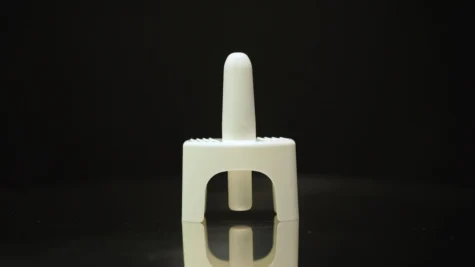Embarking on the path to recovery from addiction is a commendable and transformative journey. However, it’s common to encounter challenging emotions such as guilt and shame during this process. Understanding and addressing these feelings are crucial steps toward achieving lasting sobriety and personal growth.
Understanding Guilt and Shame in Recovery
Guilt and shame, though often used interchangeably, represent distinct emotions that can significantly impact the recovery journey:
Guilt is the feeling of remorse or responsibility for specific actions or behaviors that have caused harm to oneself or others. In the context of addiction, individuals may feel guilt over past actions taken while under the influence, such as strained relationships or neglected responsibilities.
Shame, on the other hand, is a deeper emotion reflecting a negative perception of oneself. It involves feeling unworthy, defective, or fundamentally flawed. In recovery, shame can manifest as a pervasive sense of inadequacy or self-loathing.
Recognizing the difference between these emotions is vital, as they require different approaches for healing. Guilt can be constructive, prompting individuals to make amends and change behaviors, whereas shame often hinders progress by undermining self-worth.

Strategies to Cope with Guilt and Shame
Acknowledge and Accept Your Emotions
The first step in coping with guilt and shame is to acknowledge their presence. Suppressing or denying these feelings can lead to increased emotional distress. By accepting these emotions, you create an opportunity to address and process them constructively.
Practice Self-Compassion
Treat yourself with the same kindness and understanding that you would offer a friend facing similar challenges. Recognize that making mistakes is part of being human, and your past actions do not define your entire identity. Cultivating self-compassion can alleviate the burden of shame and promote healing.
Engage in Therapy and Counseling
Professional therapy provides a safe space to explore and process feelings of guilt and shame. Cognitive-behavioral therapy (CBT), for instance, can help identify and reframe negative thought patterns contributing to these emotions. Therapists can also guide you in developing coping strategies tailored to your unique experiences.
Participate in Support Groups
Connecting with others who have faced similar struggles can be immensely therapeutic. Support groups offer a sense of community and understanding, reducing feelings of isolation. Sharing your experiences and hearing others’ stories can provide new perspectives and coping mechanisms.
Make Amends and Seek Forgiveness
Taking responsibility for past actions and making amends where possible can alleviate guilt. This process may involve apologizing to those harmed and making restitution. It’s also essential to seek forgiveness from yourself, acknowledging that personal growth arises from learning from past mistakes.
Practice Mindfulness and Meditation
Mindfulness practices encourage living in the present moment, reducing the tendency to ruminate on past actions. Meditation can help increase self-awareness and emotional regulation, aiding in the management of guilt and shame.
Set Realistic Goals and Celebrate Progress
Establish achievable goals in your recovery journey and acknowledge your progress, no matter how small. Celebrating milestones reinforces positive behavior and diminishes feelings of inadequacy associated with shame.
Educate Yourself About Addiction
Understanding addiction as a medical condition rather than a moral failing can shift your perspective and reduce self-blame. Education empowers you to approach recovery with knowledge and compassion for yourself.
Engage in Creative Outlets
Expressing yourself through art, writing, or music can be a powerful way to process complex emotions. Creative outlets provide a non-verbal avenue to explore and release feelings of guilt and shame.
Prioritize Physical Health
Regular physical activity, a balanced diet, and adequate sleep contribute to overall well-being. Physical health and mental health are interconnected, and taking care of your body can positively influence your emotional state.
The Role of Professional Support
At Southern Sky Recovery, we recognize that coping with guilt and shame is a critical component of the recovery process. Our comprehensive outpatient programs are designed to address these emotions through individualized treatment plans, including therapy, counseling, and support groups. We provide a compassionate and supportive environment where you can explore these feelings and develop effective coping strategies.
Southern Sky Recovery Can Help
Coping with guilt and shame in recovery is a challenging but essential endeavor. By acknowledging these emotions and implementing strategies such as self-compassion, therapy, and mindfulness, you can transform guilt and shame into catalysts for personal growth. Remember, recovery is not just about abstaining from substances but also about healing the emotional wounds that contribute to addiction. At Southern Sky Recovery, we are committed to supporting you through every step of this transformative journey.



